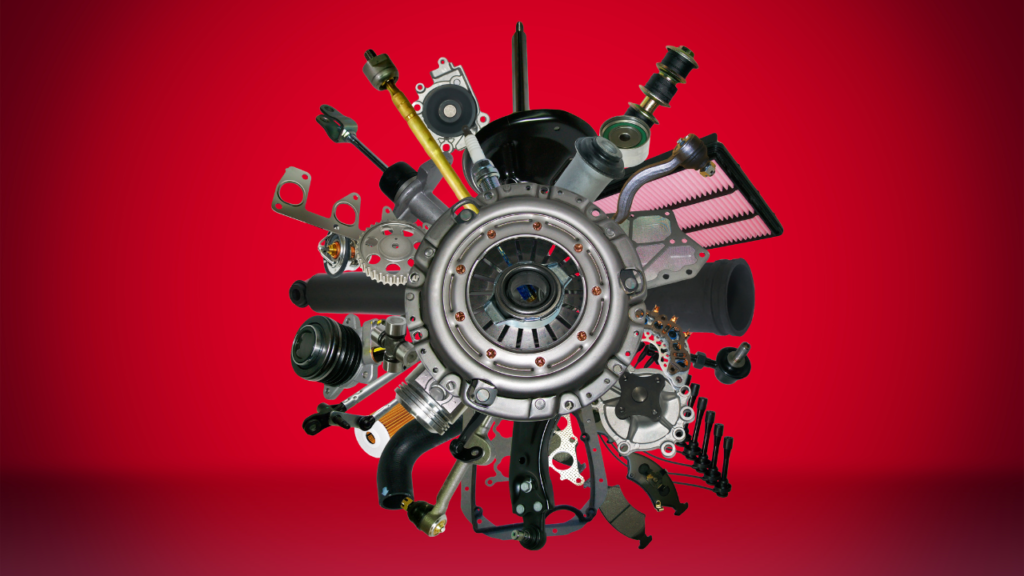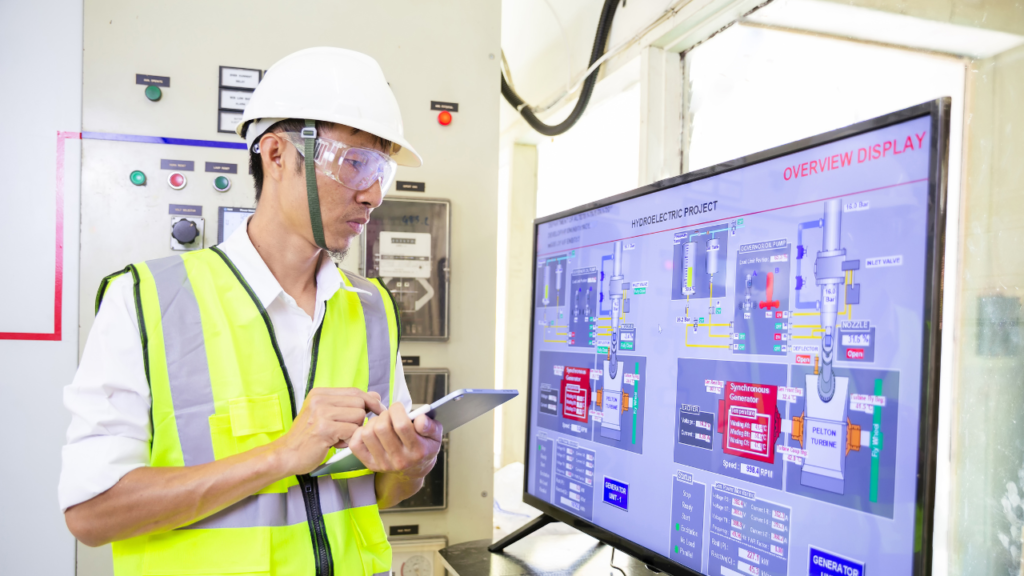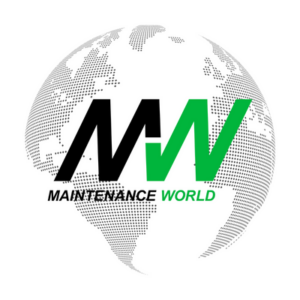
The Top 10 Improvements to Pursue in Your MRO Spare Parts Program
Proactive organizations recognize that one of the critical success factors in achieving a best practices reliability program is developing a sound maintenance, repair and operations (MRO) spare parts program. That notion is quickly followed by the realization that there are potentially hundreds of improvement opportunities that typically could be associated with a materials management effort. As such, it becomes overwhelming to determine where to start.












